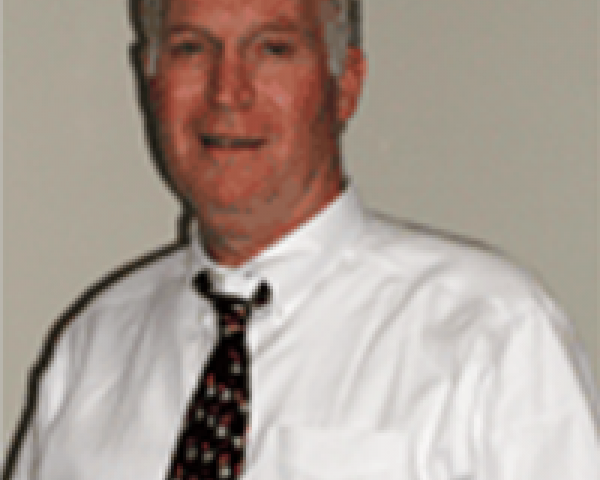Have you ever been walking down Bourbon Street late one evening, only to see some street preacher carrying a sign warning you to repent because the end is near? My guess is you have, whether in New Orleans or some other city – you’ve seen him, you’ve smiled, laughed or ignored him and you went on about your business. Did you ever take time to ponder: WHAT IF HE IS RIGHT?
If you had any inclination that he might be right, you probably would have left Bourbon Street by way of St. Louis Cathedral and then prayed for some way to explain your presence in the French Quarter. Don’t panic, I’m not going to use this column to call you out for your prior sins.
See also: How to Extend Reach of Auto Insurance
I am, however, going to repeat the warning: “THE END IS NEAR." The END I am discussing is for insurance as it has been.
To us (as agents), it is a profession, a good job offering exceptional compensation for those willing to work and the opportunity to build a book of business that offers recurring revenue.
We can easily explain the importance of what we do. We can no longer easily explain the cost.
My older, retired sister called me last week to ask about her auto insurance renewal on her Chevy, with her one accident. Her renewal quote was over $4,000. A column ("State’s sky-high car insurance rates going up!" by Dan Fagain) in Sunday’s Advocate said:
- Louisiana already has the second-highest rates in the country.
- Some recent auto insurance rates are increasing 22%.
- The average rate for a Louisiana resident was close to $2,000 a year.
- In 2012 and 2013, Louisiana had the highest rates in the nation.
By comparison: A check of Quick Facts for the U.S. Census Bureau indicates the 2016 median household income in Louisiana was $45,652, and the 2016 per capita income was $25,515.
In April 1993, I wrote a report for a consumer advocacy group promoting “verbal threshold” no-fault auto insurance. This compared the auto insurance costs and issues driving these costs in the states of Texas, Louisiana, Arkansas, Alabama and Mississippi. There was no significant difference in the number of claims per capita, nor the intensity of the claim. The only difference of consequence was the frequency and severity of the bodily injury losses in Louisiana.
The one element of the study that explained this difference best was attorney involvement. Louisiana had one attorney for every 280 people and one law student for every 1,145 citizens. The next closest to us was Texas, with one attorney for each 320 people and one law student for each 2,332 citizens. Our system has more people to feed with each premium dollar.
What if we, as professionals, ignore the pain of our clients and don’t reinvent ourselves and our industry to work first for the consumers – those who use the system and those who pay for it?
Can you afford to take that risk? Have we reached or are we reaching the price point where what we sell is no longer affordable to the people who buy our products?
Are you willing and able to engage seriously with other professionals to make our system work for the consumers – the premium payers – first? This is not just an issue only of auto insurance and lawyers. This is about the cost and availability of liability insurance of various types that can protect individuals and business owners from their own negligence or alleged negligence. If we don’t fix this – the government will try.
The marketplace will not be denied. The insurance industry was unwilling and unable to address the flood exposure – that brought us the National Flood Insurance Program (NFIP). Our health insurance model was too expensive and too cumbersome – now we have something worse, but only until it collapses under its own weight and it becomes a single payer system.
Before you laugh at us poor folks in Louisiana – understand that the unsustainability of our traditional insurance offerings will eventually move into most states. It is not the geography of our state – it is the demographics, power of the trial bar, the culture and human greed.
Technology exists today to streamline what we do and to reduce greatly the cost of what we sell -- to bring affordability back into the process and purchase. If we leverage it, it may save us.
See also: The Sharing Economy and Auto Insurance
Peter Drucker, one of the great thinkers of the last 100 years, explained, “Customers do not see it as their job to ensure manufacturers a profit. The only sound way to price is to start out with what the market will pay – and thus, it must be assumed, what the competition will charge – and design to that price specification.”
I may be an old rambling street preacher walking around with a sign warning “the end is near.” Laugh if you will, but ask yourself, “WHAT IF I’M RIGHT?!”






